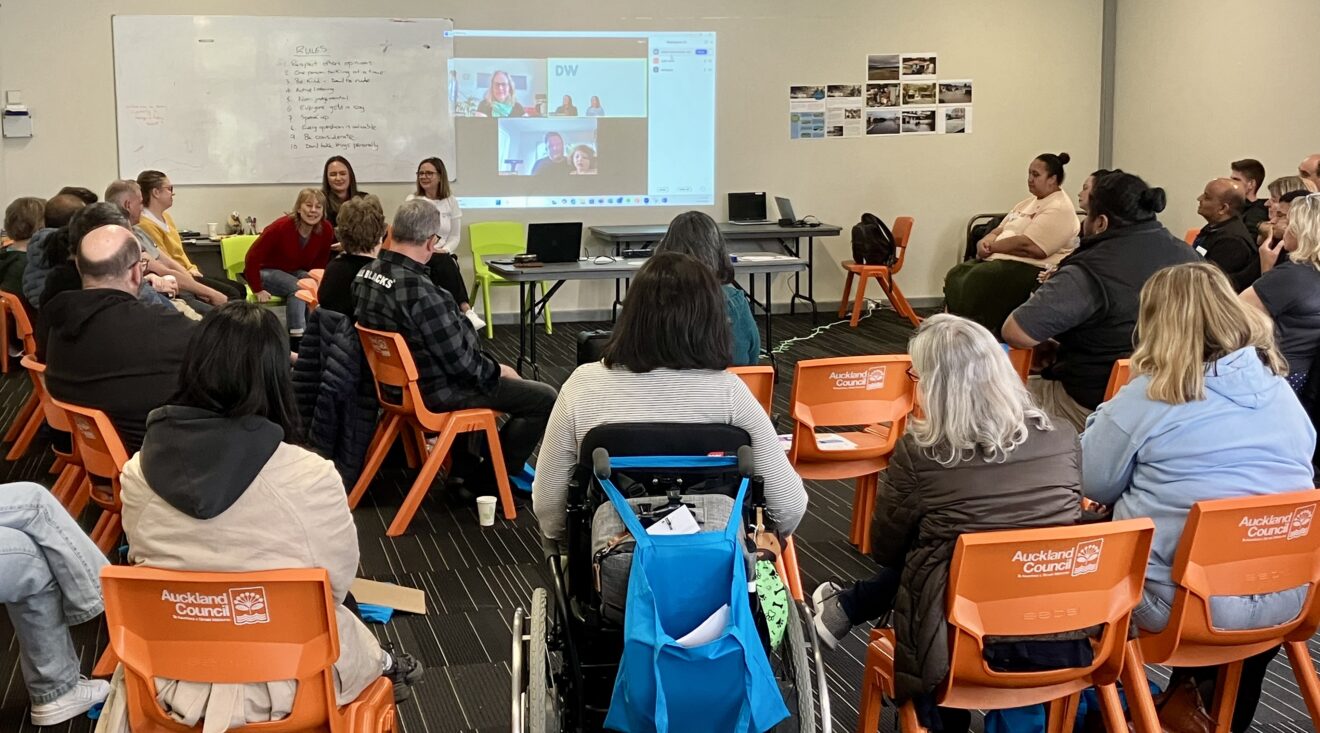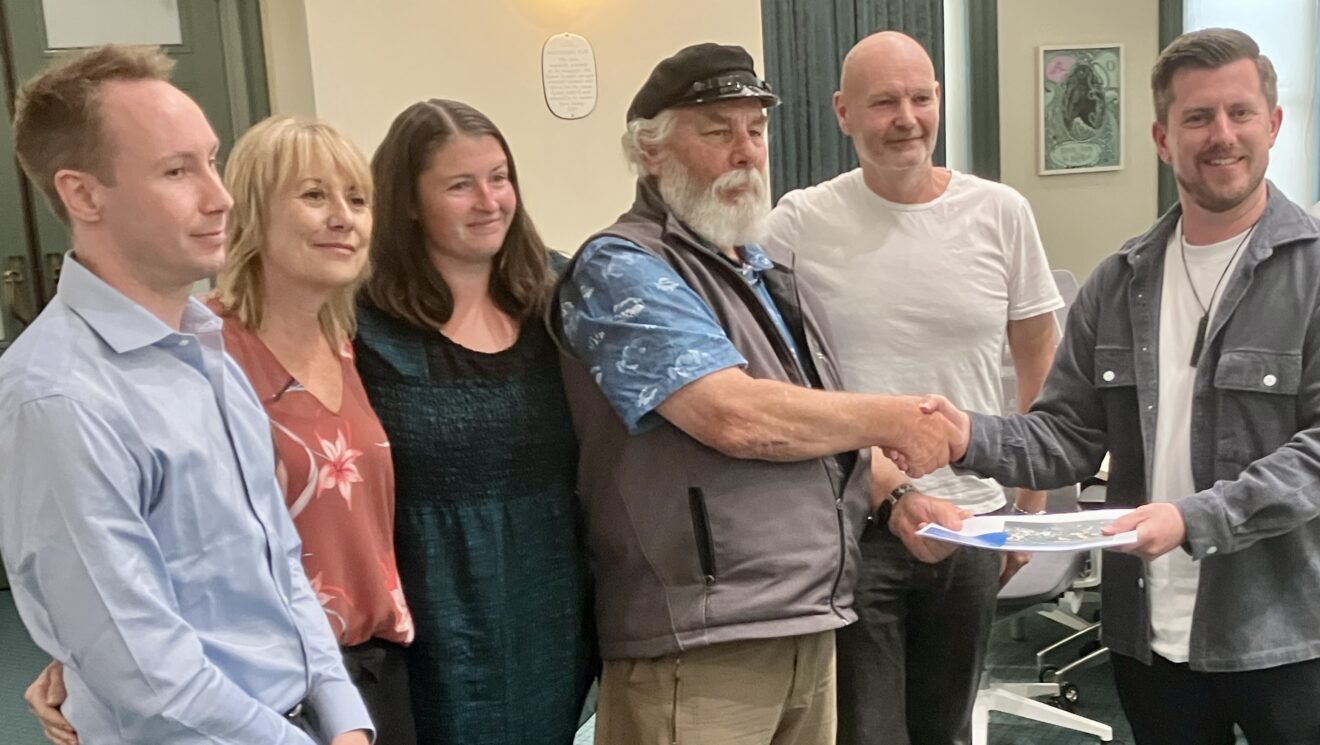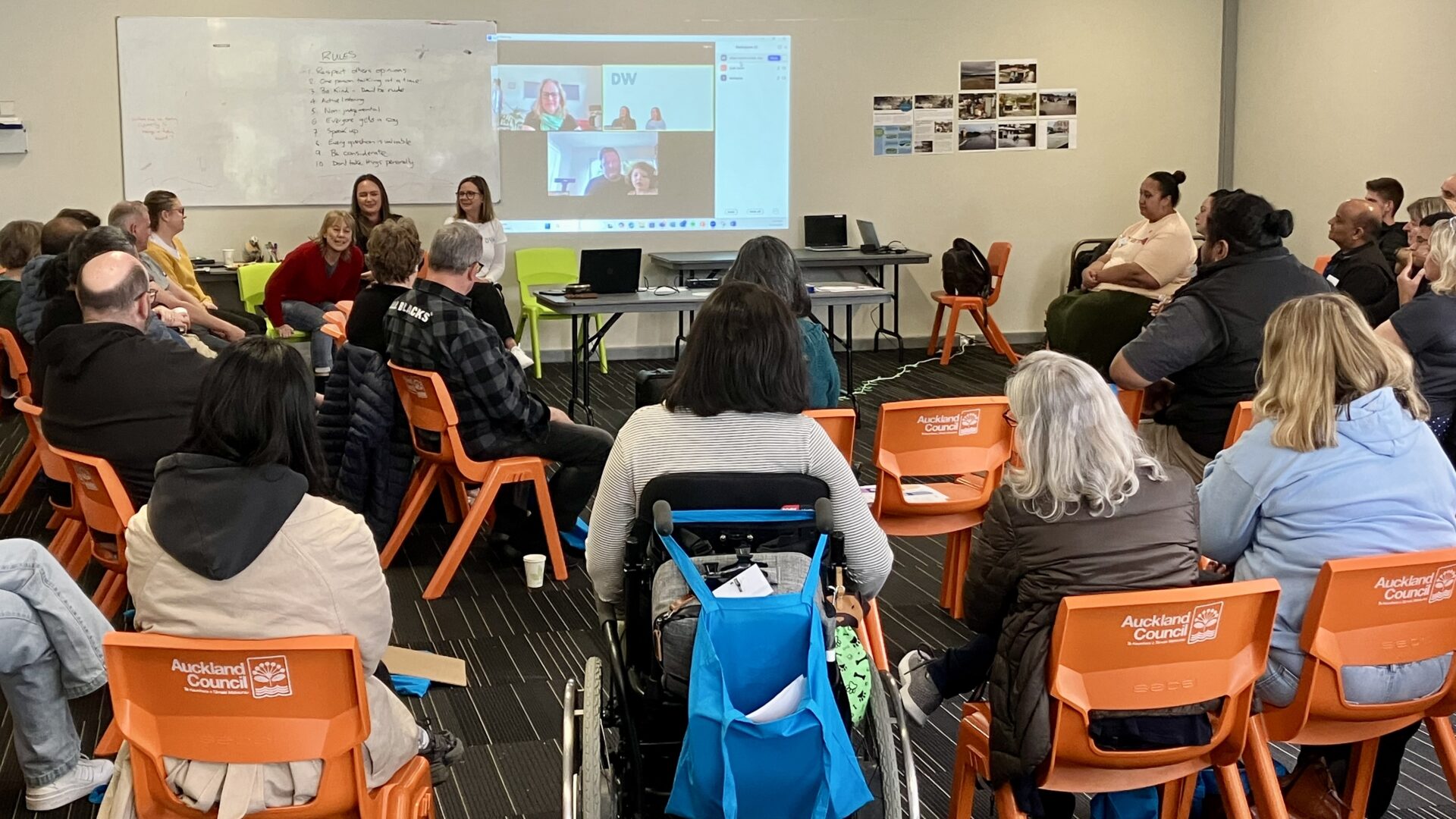Local government in New Zealand Aotearoa has been in the firing line for a while now. A long track record of less than appropriate management of critical assets, varying levels of capability, some questionable decisions and spiralling rates bills, make it an easy target for criticism.
And yet, there is no other agency that can do “local” the way local government can. Elected members generally live, work and play in the communities they are responsible for governing; which means the decisions they make affect them too. Secondly, they are highly accessible, often doing a lot of their constituent work while nipping into the supermarket.
As central government turns its sights to a more directive relationship with local government, some elected members have been leaning into this “superpower” by using deliberative practice to invite the community to come closer, especially where there are ‘wicked’ problems to be solved (e.g. what to do about climate change, what level of tolerance do the community have for natural hazard risks or even what to do about cats).

hears from members of the Storm Affected community
Deliberation takes time and money
Facilitators working in this space are fielding more enquiries from councils wanting to “do a citizens’ assembly”. However, there is often limited understanding of what’s involved. The costs and timeframes needed can be a bit of a surprise. A Council facing the truly wicked problem of a much-loved community facility building being in need of millions of dollars of remediation, or closure, was hoping to squeeze in a quick citizens assembly on the topic before going out for consultation for their Annual Plan in February 2025. The challenge was it was November 2024 before they asked for help to get started.
Taking trust building seriously
A key part of this work is trust; the community needs to be able to trust the process and to trust that their voices will be taken seriously. Shortcuts undermine the gravitas of deliberative process. Which means one of the key benefits of deliberative work i.e. the emergence of greater trust between the community and the council, well, that fails and can in the worst scenario, backfire into reduced trust from an already low base.
However, a few councils have been leaning into deliberative work with some success.
Wellington: Balancing up what Council can deliver
Wellington City Council used a citizen assembly process in November 2023 to help set the direction for their 2024-34 Long Term Plan (LTP). They received clear direction from the community on how to balance up what WCC could realistically deliver.
Auckland: Drinking water, natural hazard risk tolerance and cats
Our biggest council, Auckland Council, has also embraced deliberative practice. Their first foray was the Watercare citizens assembly, ably supported by Koi Tū, to consider options for Auckland’s future water supply. Following on from that success, Auckland now appears to be embracing a deliberative approach in many of its engagements. For example, a programme of participatory budgeting and deliberative forums were used to explore community views on priorities for the 2024-34 LTP.

More recently, they undertook a participatory forum to explore community tolerances for natural hazard risk. I was lucky enough to be invited to facilitate the community panel. There were some limitations in terms of a shorter period for design and less time than I would have liked for the workshops. But overall, the outcome was good. Council staff and elected members were able to better understand tolerance for natural hazard risk and the community members were able to share and deliberate on their perspectives in a structured and supportive environment. The video of the presentation to Auckland Council is here.
Following on from that, and in partnership with leaders from a storm affected community, it was decided to repeat the process with a panel of people who had been seriously affected by the recent weather events. Time was very short and as a result we had to cut back on some of the group and context building work. This did impact on the way the group worked through the deliberation although the results were still useful, and participants reported feeling more positive about Council following the engagement.
Another recent Auckland Council deliberative process was around what to do about cats. This was facilitated by the very able Ben Parsons and by all accounts went well.
Several other councils are using deliberative processes in their climate adaptation planning work.
Building meaningful levels of trust
Done well, a good deliberative approach builds meaningful levels of trust between the people who are involved and the council and produces input from the community that has more depth and consideration underpinning it than the average survey or regular consultation event.
The possible downsides
There are risks when the process is curtailed by time or resourcing. Deliberative process is not cheap or quick. The recommendations that come out of them carry a weight that makes it harder to question. This can place elected members in a challenging position especially if those recommendations are not fully informed (say from a shortened learning experience, or a panel that is not truly representative) or if the remit was less than perfectly formed for the purpose intended.
However, it does feel as if the tide is turning and the benefits of drawing in richer input from communities is finally being recognised. Let’s hope that 2025 brings more activity in this space.
Disclaimer – this article was written in the days leading up to Christmas and as such it wasn’t possible to interview key people.

